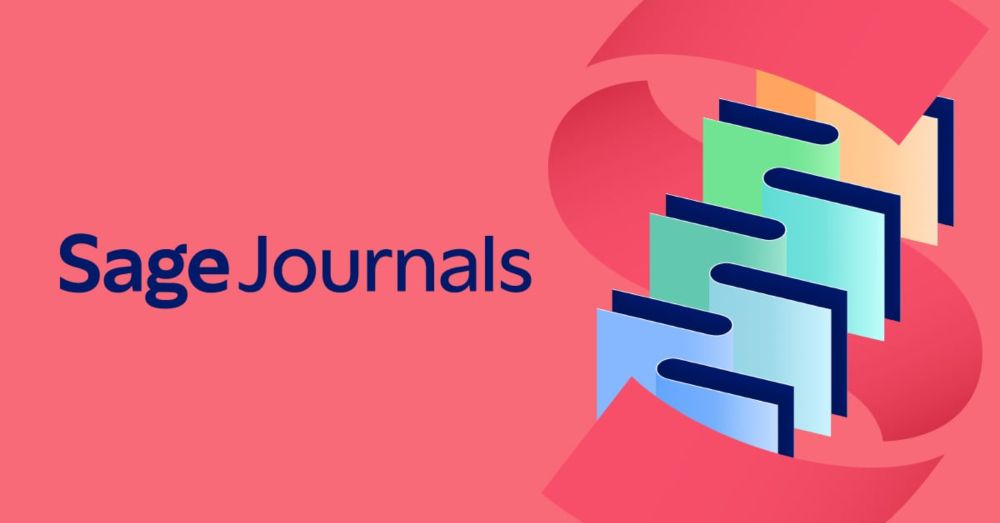Higher education assessment & feedback researcher. Both kinds of doctor. Knitter and baker. Views my own, reposts are not necessarily endorsements.
Next q is about cultural expectations of regulations too and operating in transnational contexts. Navigation is complex.
Next q about policy and humanistic approach - considerations around wellbeing and prioritising dignity. In other areas restorative justice has been used - worth considering.
Amazing. Now it's time for questions.
Recognise and respect dignity
We don't know what the new version looks like but need to consider how old versions might not fit the current context...
So... what does redefining plagiarism look like?
This isn't just citation - can be talking orally and acknowledging contribution of others. Requires metacognitive awareness and evaluative judgement, not just a mechanical attention to references...
Students might not even know that AI is committing academic integrity breaches on their behalf, we need them to understand this possibility
Sarah tells a couple of stories about how grammar/spell checkers with inbuilt AI agents who might decide to 'improve' text - including citations - thereby causing academic integrity issues!
Not that first languages will become irrelevant, but we might be able to communicate with others more easily. (see: new airpods)

Here, Sarah draws on Amy Orben's work about technology - the sisyphean panic journals.sagepub.com/doi/10.1177/...
We have no empirical evidence against the assertion that new technologies hamper our capability to be creative.
We're going to go through the 6 ideas now.
1. Hybrid-human writing will become normal ... detection is futile since we will be unable to detect where the human ends & AI starts
To come up with her 6 tenets of post plagiarism, available here: drsaraheaton.com/2023/02/25/6...

The long version of the history is in the handbook link.springer.com/referencewor...
She starts by offering examples of how we might also be unethical in assessment practices to catch people out - covert or deceptive things like whitetexting or uploading fake answers to cheating sites.

